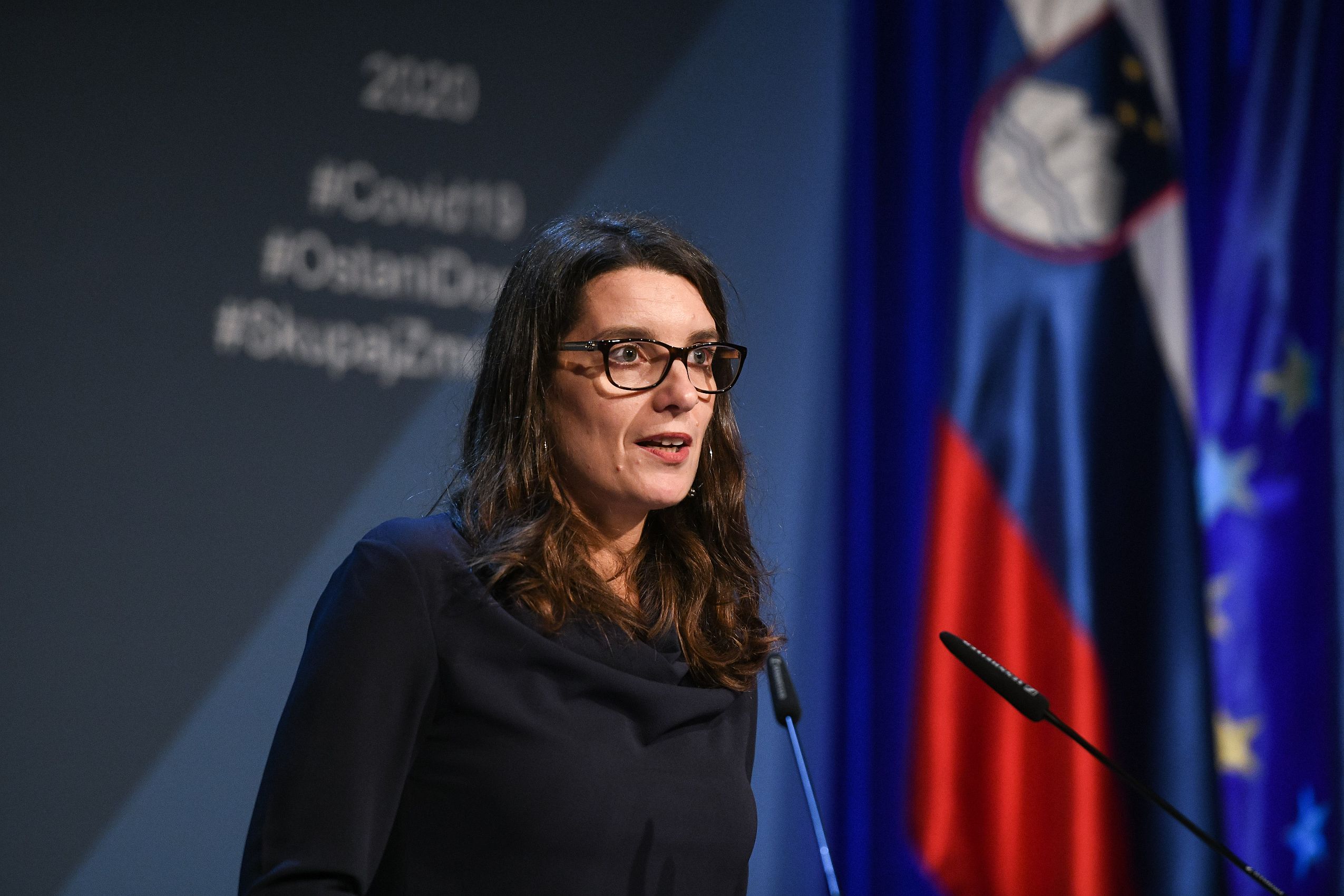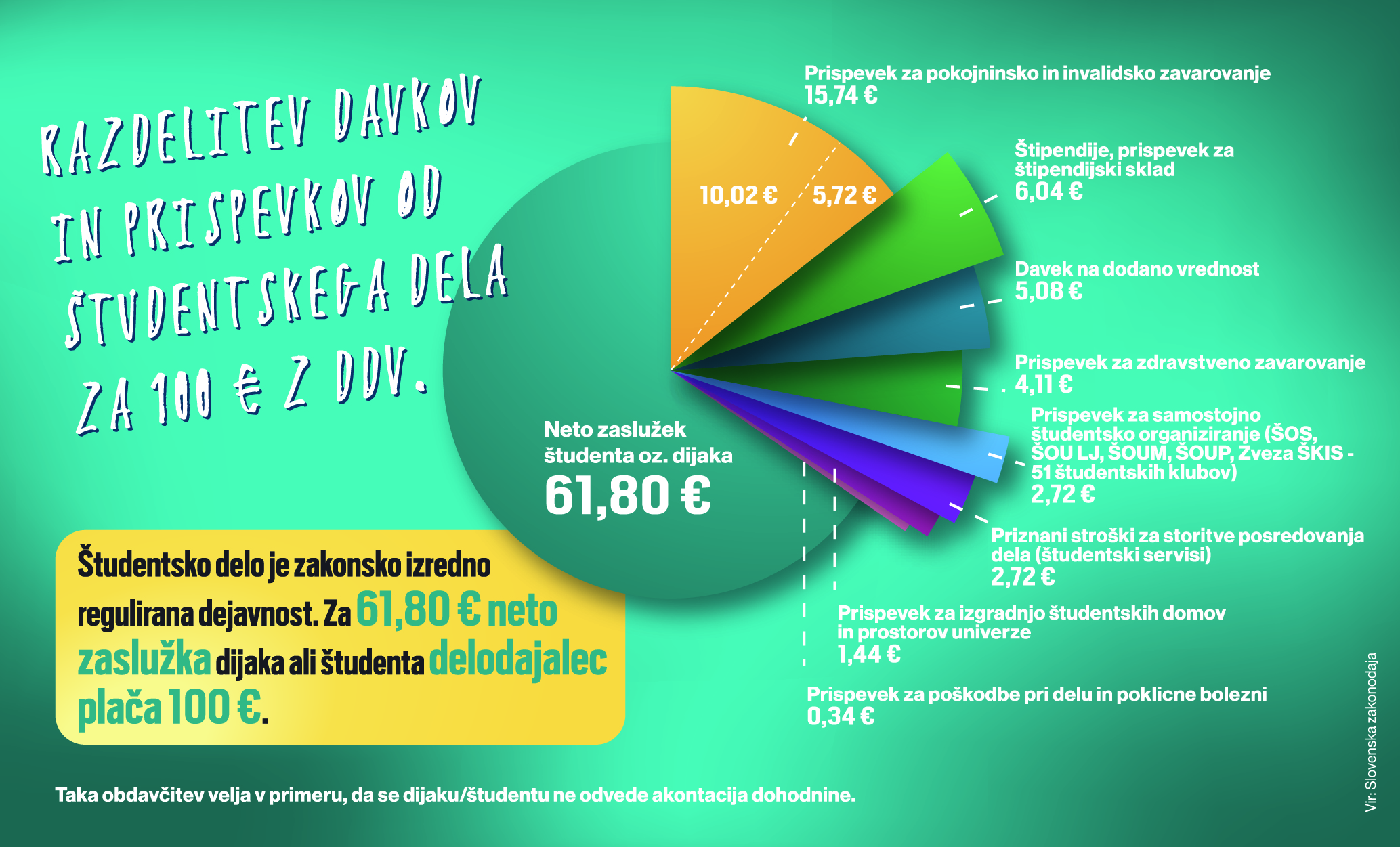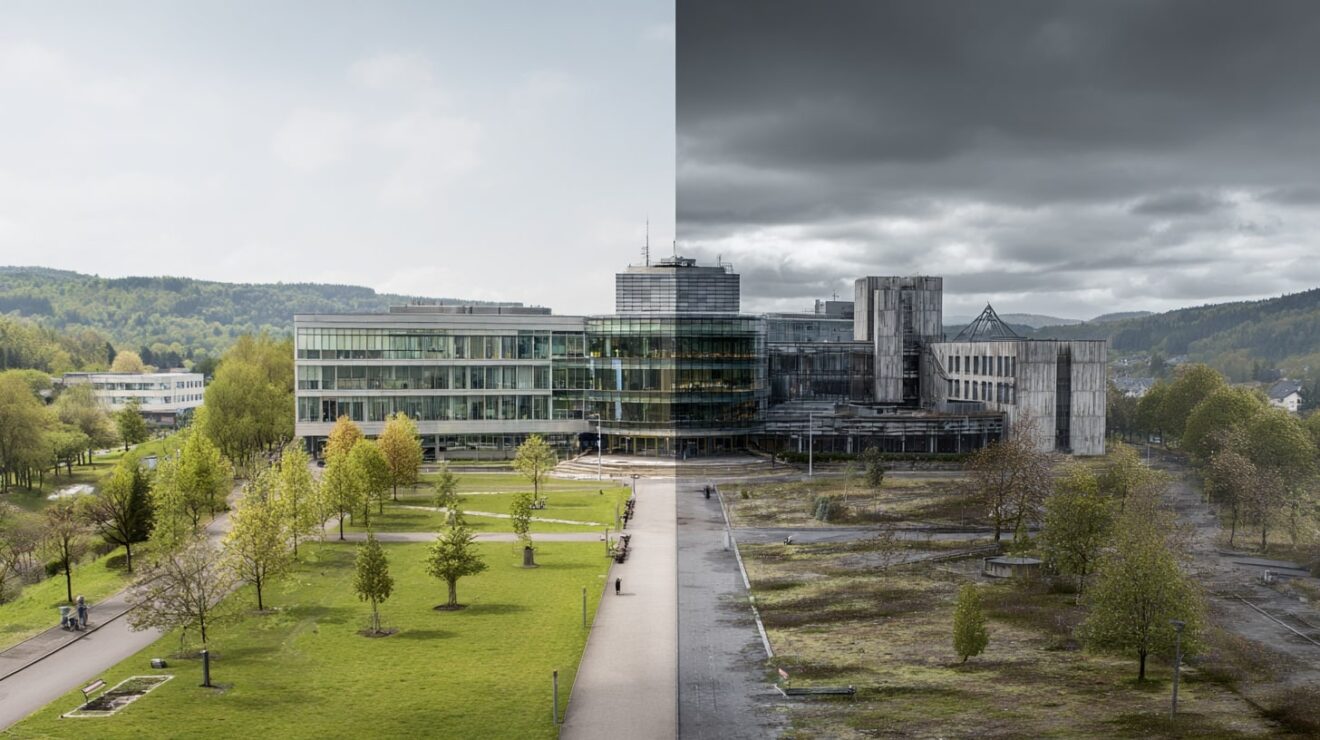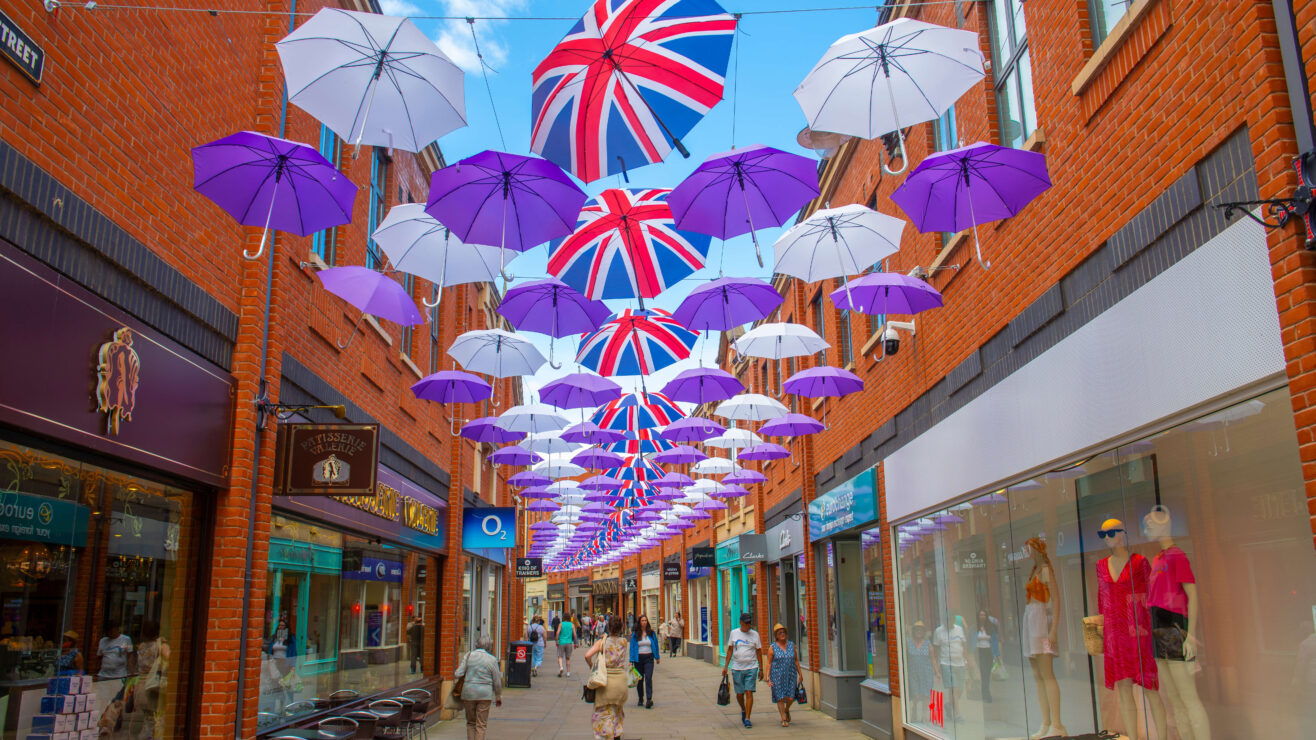At the time of writing, the bookies’ favourite to win the Eurovision this year is a song about the mass exodus of young people leaving rural Croatia for better opportunities elsewhere.
Rim Tim Tagi Dim is a jaunty pop-rock number performed by Croatian musician Marko Purišić, styled here as “Baby Lasagne”, and it has much to say about those who may never return:
I hope I find peace in the noise
Wanna become one of them city boys
They’re all so pretty and so advanced
Maybe they also know our dance

The country’s population has dropped 10 per cent in a decade, with former president Kolinda Grabar-Kitarovic – who now works in public affairs in Brussels having studied in Poland and Glasgow – reflecting the classic somewheres/anywheres debate embedded in widening access debates:
For me the bright light is the young people who have left Croatia and going abroad to different countries that they will come back and bring ethics and ways of working life with them.
But will she return?
A difficult question. If I would get a good offer in my line of work then maybe but at this moment I have no plan to go back to Croatia.

Even the fashionable liberal case for remaining in the UK often points to the queues in Costa Coffee caused by the inability of young eastern Europeans to freely move here – but the song, whose meaning will be almost certainly be lost on the majority of UK viewers (sneering at the performance in that awful Wogan way), reflects deep anxieties associated with the country’s potential losses over education, class, place and mobility.
Gonna miss you all, but mostly the cat
It’s an issue the EU has been thinking about too. When University of Zagreb professor Blaženka Divjak was Croatia’s Minister of Science and Education a few years ago, she called on the EU to reform its research and innovation funding to stop the “old men’s club” of universities in older, richer member states taking the bulk of the money and worsening countries like Croatia’s brain drain in the process.
She had quite an impact – overseeing reforms to the curriculum in schools to add technical, IT and “life skills” focuses, causing more interdisciplinary work and excellence in science in higher education, and modernising vocational education to align it with the country’s economic plans.
Before she lost her seat in 2020’s elections, her Student Employment Act aimed to improve the conditions for students at work – long seen as an important aspect both of the student experience and the broader labour market – with a minimum hourly rate aligned to the national minimum wage, protections over working hours, meals and travel to work, and support for student employment offices in recognition of the role that work plays in developing professional skills.

Since then, there’s been a number of other reforms. Later in 2020 the Ministry of Science and Education announced a host of projects selected for the development, improvement and implementation of apprenticeships in HE; the following year saw new qualification levels recognised; a new Act on the Quality Assurance in Higher Education and Science established the Agency for Science and Higher Education as a quality body at arm’s length from government with an eye on the labour market; and the National Plan for the Development of Education and Training until 2027 targets state scholarships on students of lower socioeconomic status, increases scholarships for students in STEM programmes and modernises student accommodation infrastructure with a particular focus on disadvantaged students.
And then arguably most impressive is the Plan of Measures for Improving the Social Dimension of Higher Education. Once Google Translate has done its magic, what you see is a proper partnership between the sector and universities on access and participation – universities do their bit via strategies and goals, effective advice and guidance, mental health initiatives, better ombudsman services and community engagement to drive up attainment – while the government commits to better data collection, improvements to financial support for students, capital investment and cooperation between universities.
It’s a marked contrast to the marketised finger wagging blame-game we see in Westminster, which seems to switch effortlessly between bemoaning universities for not doing enough to widen access, and criticising universities for luring working class students into “low value degrees” – all while gradually reducing funding that might help either resultant objective.
But most of all, I’ma miss the dance
It’s a similar story in neighbouring Slovenia, where its Higher Education Programme 2021–2030 seeks to raise the quality of qualifications, improve the accessibility of education with particular reference to disadvantaged rural communities, intensify research and innovation, and provide for better transfer of knowledge:
It is only possible to build a future by forging links between the best and strongest pillars we have. In a geographically small but knowledge-oriented society, Slovenia can and must build on excellent and competitive knowledge within and beyond its borders.
Slovenia must not be an isolated and self-sufficient island, catering only to its own needs, but must co-create knowledge and thus the society of the future, in cooperation with other sectors and with the international community.
We need to build on education and research programmes that offer the skills for the present and the future, connect with the wider research landscape and answer the needs of society, the labour market, as well as technological, innovation and economic growth.
As I noted here, its the national student organisation is given the job of organising a student-led tender competition from any restaurant that wants to deliver the national student meal subsidy scheme – with a fixed maximum price, minimums on what has to make up a meal, and standards on nutrition, ethical purchasing and menu diversity.
It’s a system that not only supports independent restaurants across Slovenia’s cities (and, by proxy, the student staff that work in them), it also has a big impact on the multinationals too – so big is the market that McDonalds is involved, and is one of the few countries in the world where you can buy a bowl of soup to go with your Big Mac as a result.

Via a top slice of tax on student employment, Študentski Servis offices not only act as the broker that helps students find part-time or temporary jobs, it also funds students’ extracurricular projects, and there’s also a system where students can access a comprehensive record of all their student work experience – students utilising the platform to export and print their work experience records, aiding in the compilation of their CVs with verified evidence of their professional development.
And naturally, purpose-built student accommodation is defined as a public service – and while it can be run by universities, commercial companies can run it too as long as they hit key standards and ensure the representation of students’ interests in management.
[Our plan] will prepare students for active citizenship and their career, and enable their personal and professional development while taking into account the importance of a healthy lifestyle and providing conditions for their physical and sports activities. By promoting lifelong learning, they will additionally contribute to the preservation of a broad range of knowledge and skills at a high level.
Reconciling work and personal life will be an important guide in designing and organising work and study processes that support well-being and quality of life and prevent burnout and all forms of violence or exploitation, thus contributing to better mental and physical health of all stakeholders both inside and outside the higher education system.
Slovenia’s entry this year is called “Veronika”, inspired by the story of Veronika of Desenice – the first woman to be convicted of witchcraft in Slovenia. The story goes that she was murdered under the orders of her father-in-law because of her lower status and his opposition of her marriage to his son.

Like so many young countries, Slovenia seems keen that its art, culture and education help the nation move on from historical class barriers and discrimination. Here, Raiven would probably be accused of trashing our proud history in a culture war.













